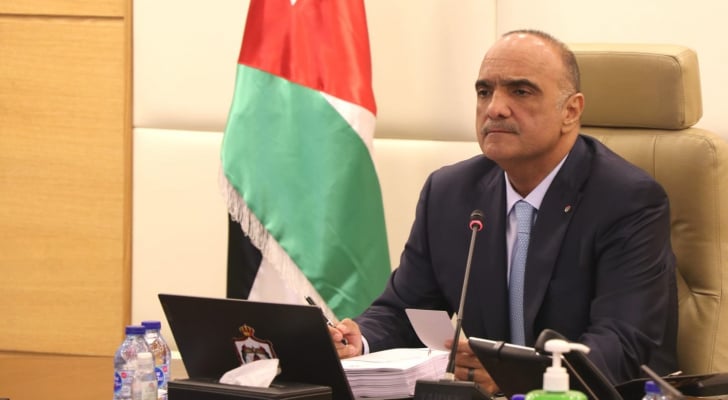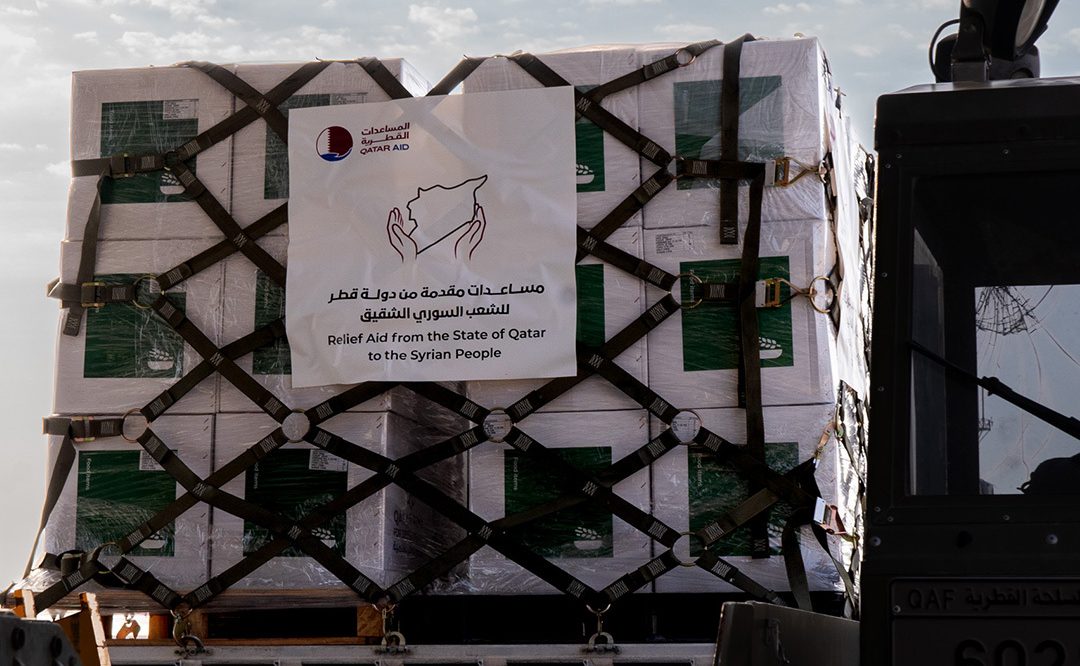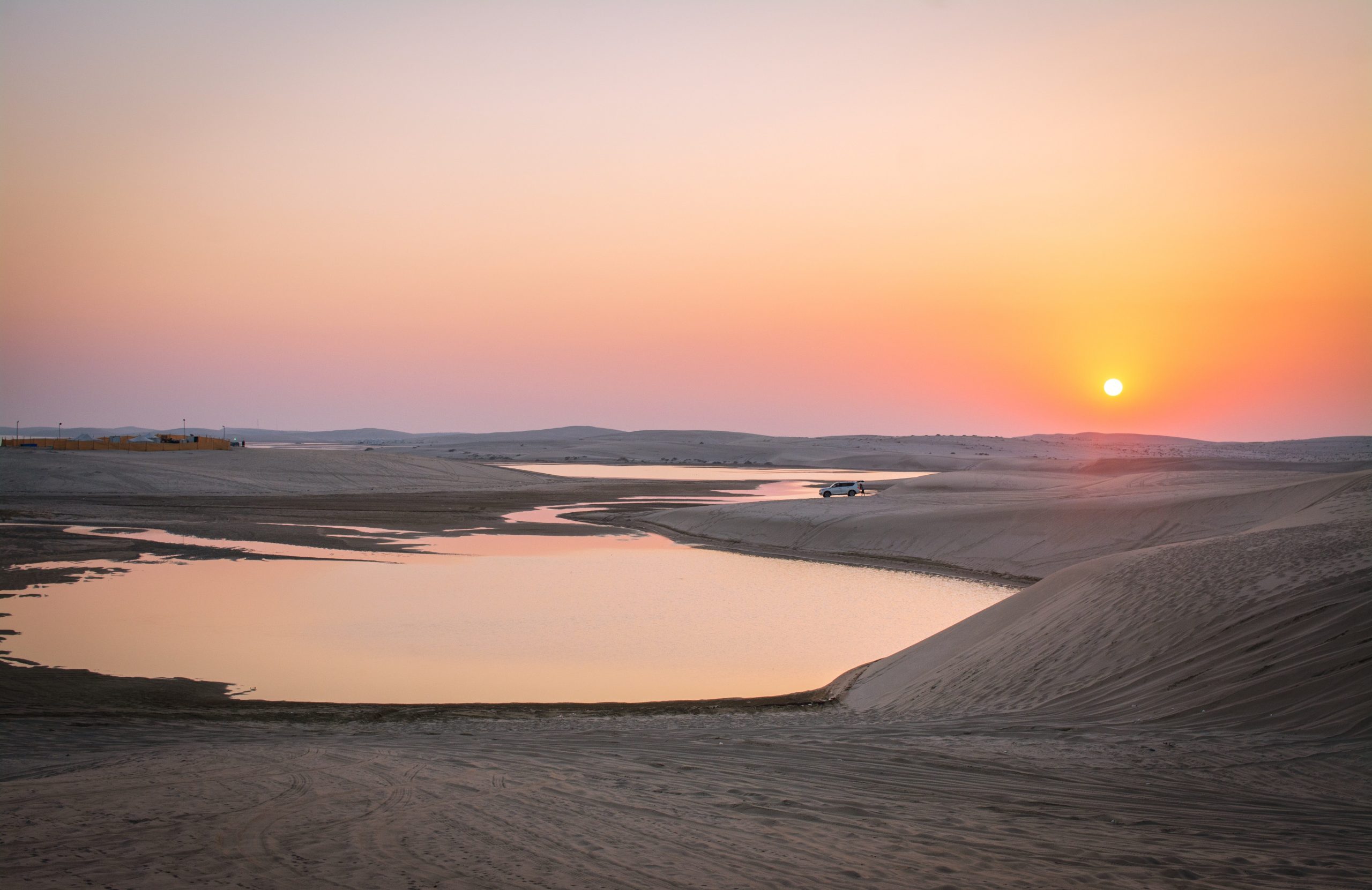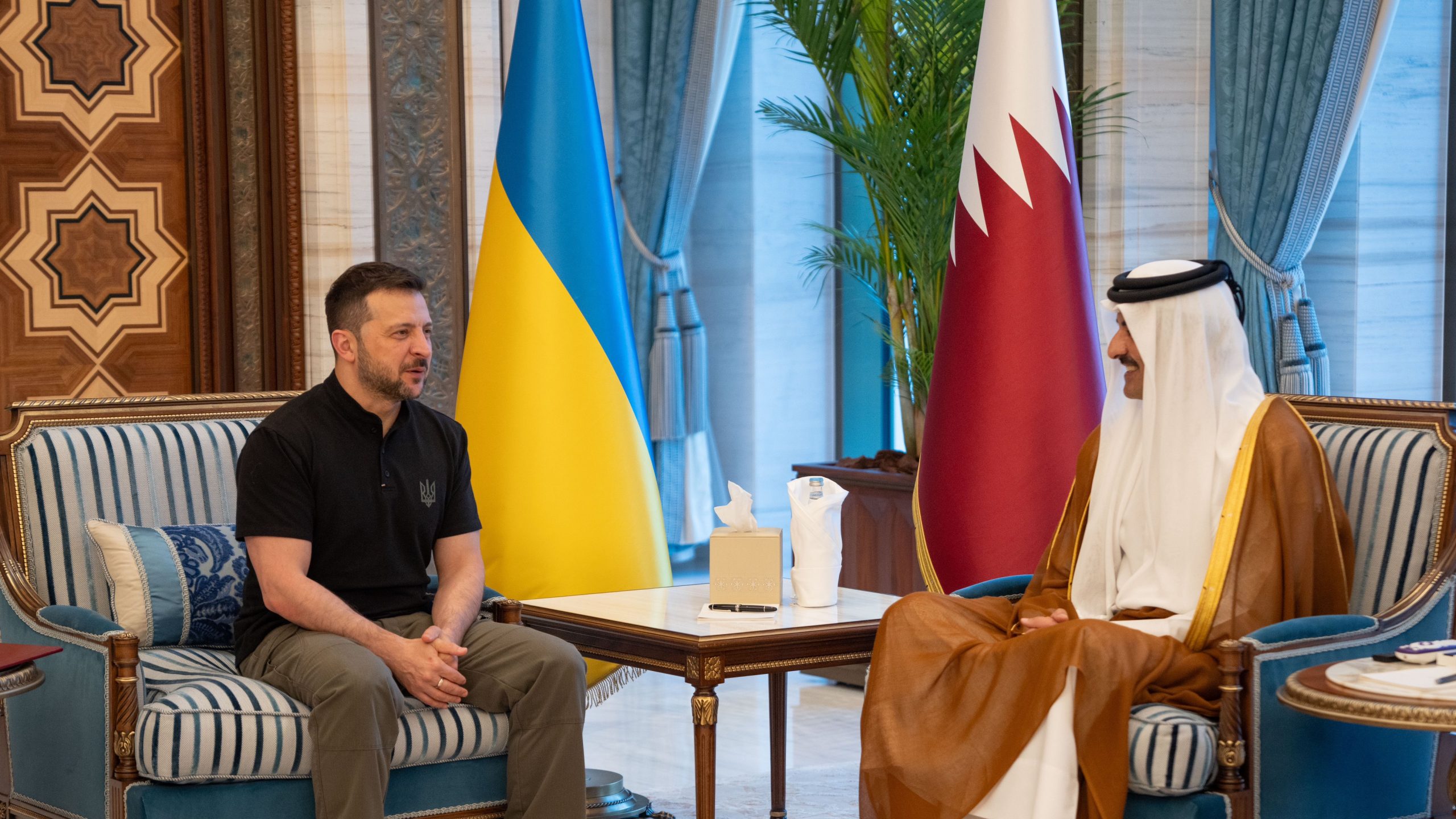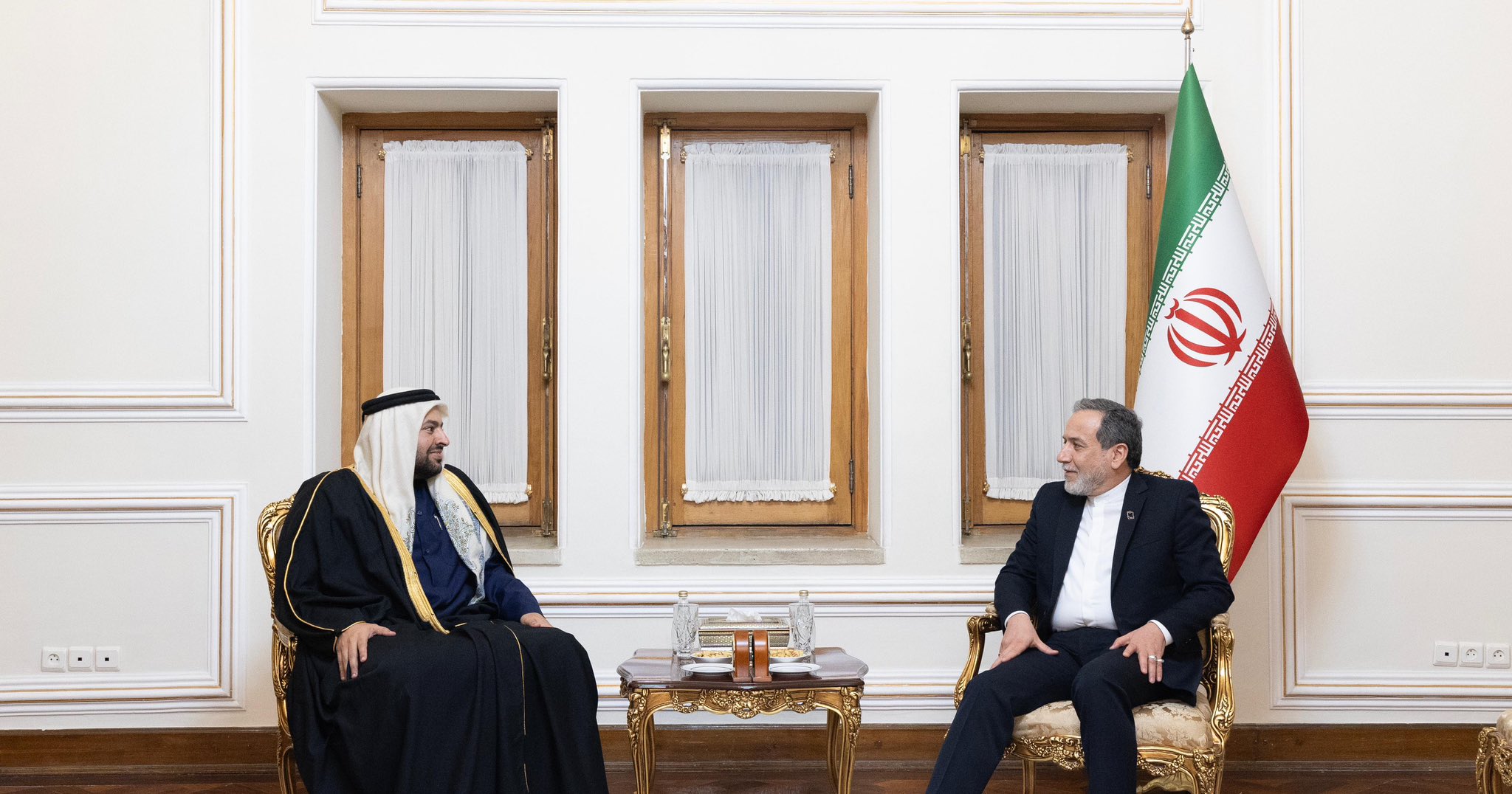Despite sharing ties with Israel, Jordan has taken a harder stance towards Tel Aviv since the beginning of the attacks on Gaza.
Jordan’s Prime Minister Bisher Khasawneh warned that the prolongation of Israel’s war on Gaza risks a “regional conflict” on Monday, noting that the displacement of Palestinians was “unacceptable”.
In a panel discussion at the Doha Forum in Qatar, Khasawneh said that “the longer that this carnage and killing machine that is directed at Gazans continues, the more the prospects of an extended regional conflict” are.
“The magnitude is a magnitude that’s quite unprecedented in terms of the toll it has taken on human lives,” Khasawneh said, referring to the devastating toll in Gaza, adding that the absence of a ceasefire will “devolve into uglier scenes in a year or two”.
Since October 7, the occupation forces have killed at least 18,000 Palestinians in Gaza, according to the latest figures by Palestine’s health ministry.
Euro-Med reported a much higher figure on Friday of 23,012, including 9,077 children and those who are presumed dead under the rubble.
Israel’s brutal onslaught in Gaza has also internally displaced 1.8 million Palestinians, many of whom have been sheltering in tents, hospitals and UNRWA-run schools – all of which have been raided by occupation forces.
Khasawneh noted that the forced displacement of Palestinians out of Gaza also constituted a “material violation” of the 1994 Jordan-Israel peace treaty, known as Wadi Araba. The treaty guaranteed Jordan the restoration of its occupied areas of Al-Baqoura and Al-Ghumar.
“Mass expulsions are not acceptable, the reoccupation of Gaza is not acceptable, the increased settlement violence in the West Bank is not acceptable,” Khasawneh said.
The Jordanian prime minister said he hoped the war in Gaza would serve as a “wake-up call” that would pave the way for a “benchmarked, clear-cut” approach to reach a two-state solution.
“We’re hoping this [Israeli aggression on Gaza] will be a wake-up call that would fundamentally place things back on track…I think for the past 20 years, again, we’ve had too much and too many processes and too little peace,” he said.
Despite sharing ties with Israel, Jordan has taken a harder stance towards Tel Aviv since the beginning of the attacks on Gaza.
On October 27, Jordan proposed a resolution on behalf of the Arab League to the United Nations General Assembly that called for a “humanitarian truce”. An overwhelming 120 nations voted in favour while 14 voted against it, including the United States.
The U.S. also used its veto power on Friday to block yet another ceasefire proposal.
On November 1, Jordan officially recalled its ambassador to Israel over the “unprecedented humanitarian catastrophe” in Gaza. The kingdom said it would only send back its envoy if Israel halts its onslaught and called on Tel Aviv to recall its ambassador to Amman.
Jordan then decided to not sign a water-for-energy deal with Israel on November 17 over the Israeli aggression on the Gaza Strip.
“Can you imagine a Jordanian minister sitting next to an Israeli minister to sign the deal while Israel is killing our people in Gaza?” Jordan’s Foreign Minister Ayman Safadi told Al Jazeera at the time.
Amman is also the host of one of the largest populations of Palestinians after they were forcibly displaced in 1948 during the Nakba, or “catastrophe”, that marked the establishment of Israel. The Jordanian government fears a possible refugee crisis in the aftermath of the current Gaza war.
Jordan’s streets have witnessed almost weekly protests calling for a ceasefire in Gaza since the beginning of the genocide.
On Monday, various companies in Amman took part in a general strike in response to activists’ calls on social media to demand a ceasefire in Gaza. Footage online showed numerous streets empty with barely any shops open.
The United Nations Relief and Works Agency for Palestinian Refugees in Jordan also participated in the strike.

